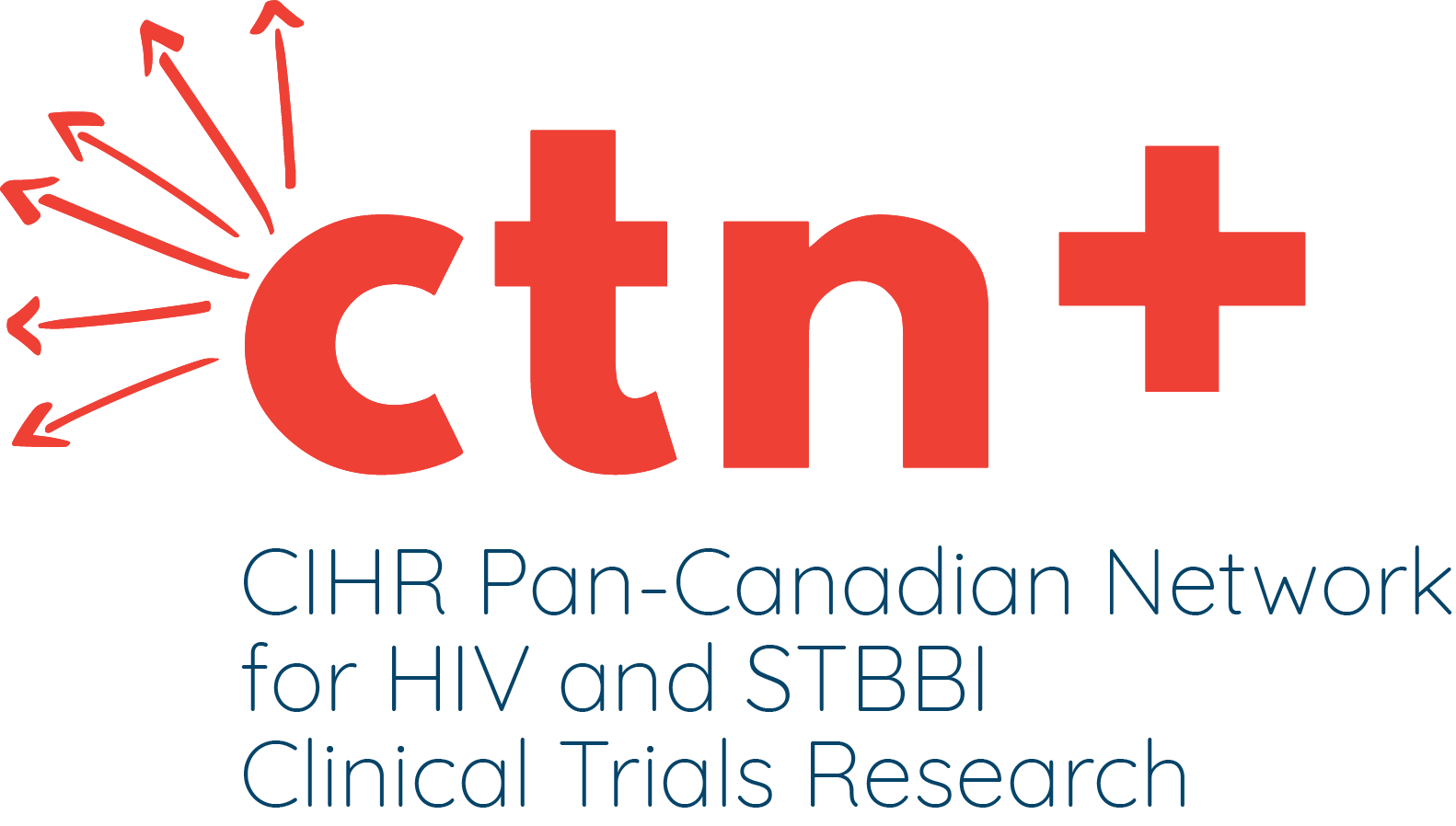About The Study
The purpose of this study is to determine whether the treatment of HIV affects the metabolism (production and clearance) of lactic acid (also referred to as “lactate”). The study will compare the lactate production and clearance of HIV-infected people on a highly active antiretroviral therapy (HAART) regimen that contains either D4T, ddI, ddC or AZT; of HIV-infected people not on treatment; and of HIV-negative people (the control group).
The study will also measure the change in lactate metabolism following the introduction of B-complex vitamins (riboflavin and thiamine) and a food supplement (L-carnitine). All HIV-infected participants will be asked to take 100 mg of riboflavin once a day (one pill), 50 mg of thiamine once a day (one pill), and 1 gram of L-carnitine twice a day (six pills or 10-30 ml in liquid form) for approximately four to six weeks.
Samples of blood cells, fat and liver will be taken at the beginning of the study and during the follow-up visit to analyse quantitative mitochondrial DNA and cytochrome oxidase levels (both indicators of lactic acid metabolism).
Since liver dysfunction may affect lactate metabolism, all participants will be required to have a liver ultrasound to determine whether there are problems with their liver. People with and without liver dysfunction are eligible to participate in the study.
The study will involve four groups of participants:
Group 1: HIV-positive participants not on antiretroviral therapy.
Group 2: HIV-positive participants on HAART without liver dysfunction.
Group 3: HIV-positive participants on HAART with liver dysfunction.
Group 4: HIV-negative participants (control group).
The study will enroll 40 participants over a period of 18 months.
About The Disease
The antiretroviral drugs d4T, ddC, AZT and ddI are known as nucleoside analogues or “nukes.” These drugs can damage the parts of cells called mitochondria, which are in charge of converting food into usable energy. When the function of mitochondria is impaired, lactic acid in the body tends to increase. Symptoms of elevated lactic acid may include nausea, vomiting, weakness, stomach pain, weight loss and neuropathy. In some cases, a condition called lactic acidosis occurs, which can be life threatening. While this severe condition is very rare, lower levels of increased lactic acid are more common.
Increased levels of lactic acid may result not only from over-production, but also from problems with clearing lactic acid from the system. Since the liver is the primary organ for lactic acid clearance, liver dysfunction could be a factor in lactic acidosis. Some liver dysfunction may be the result of damage to mitochondria.
Study Approach
Riboflavin, thiamine and L-carnitine are not drugs. They are both naturally occurring B-complex vitamins. B-complex vitamins play an important role in the process of converting food to energy; they also contribute to the proper functioning of nerves and the immune system. Riboflavin, also known as vitamin B2, is found in dairy products, beans and leafy vegetables, while thiamine, also known as vitamin B1, is found in meat, nuts, grains and liver.
Carnitine is an amino acid that is used to help move fatty substances to the mitochondria, where they can be burnt to release energy. Carnitine can also act as an antioxidant and appears to play a role in maintaining the health of nerves and protecting the liver and kidneys from the toxicity of drugs. Carnitine exists in several forms; one of the most commonly used is L-carnitine. (CATIE)
This trial is also listed on Clinicaltrials.gov
Eligibility Requirements
Required
- Be 18 years of age or older
- Be HIV positive and taking D4T, ddI, ddC or AZT for your HIV; or
- Be HIV positive and have not been on any antiretroviral therapy for at least four months; or
- Be HIV negative (an HIV test will be performed to confirm status)
Not Allowed
- Pregnancy (a pregnancy test will be administered at screening)
- Acute illness
- Taking growth hormone(s)
- Taking multicomplex B vitamins (within two months of study entry)
Principal Investigator
.
Participating Sites
Clinical Immunology Outpatient Clinic, Kingston General Hospital
Kingston, ON


